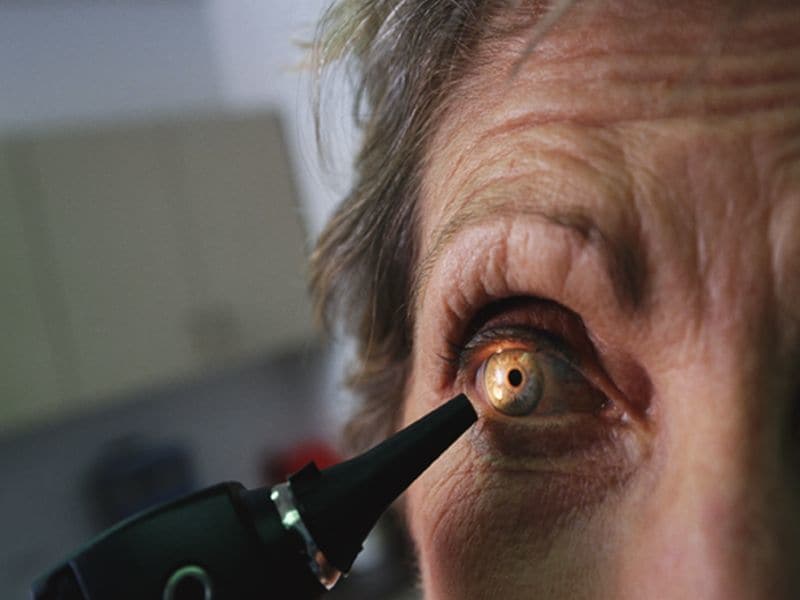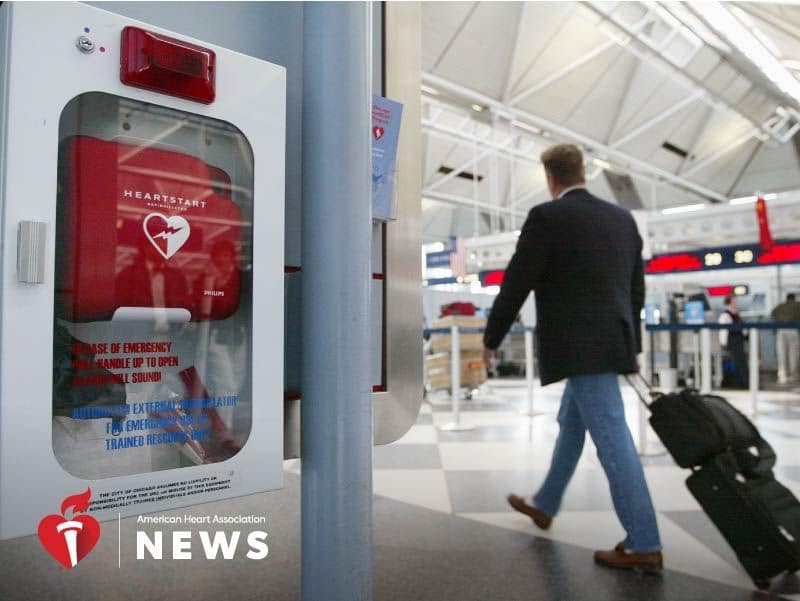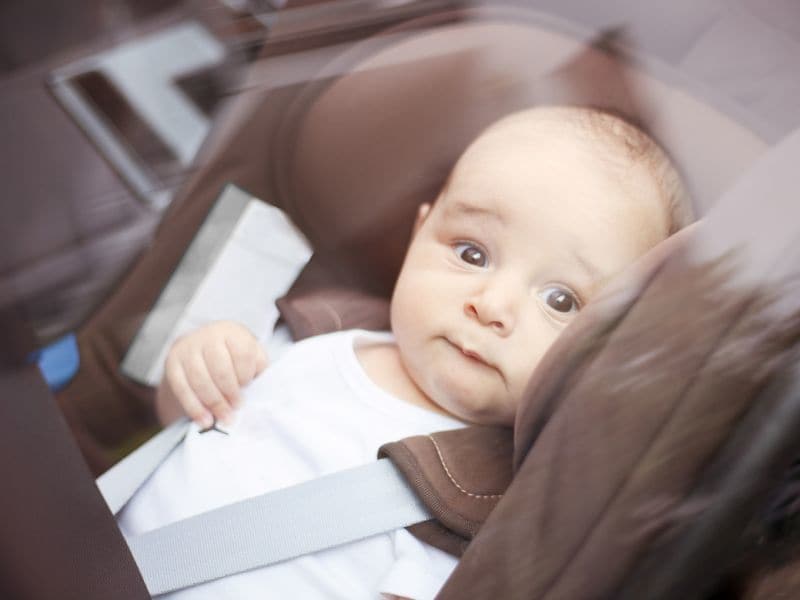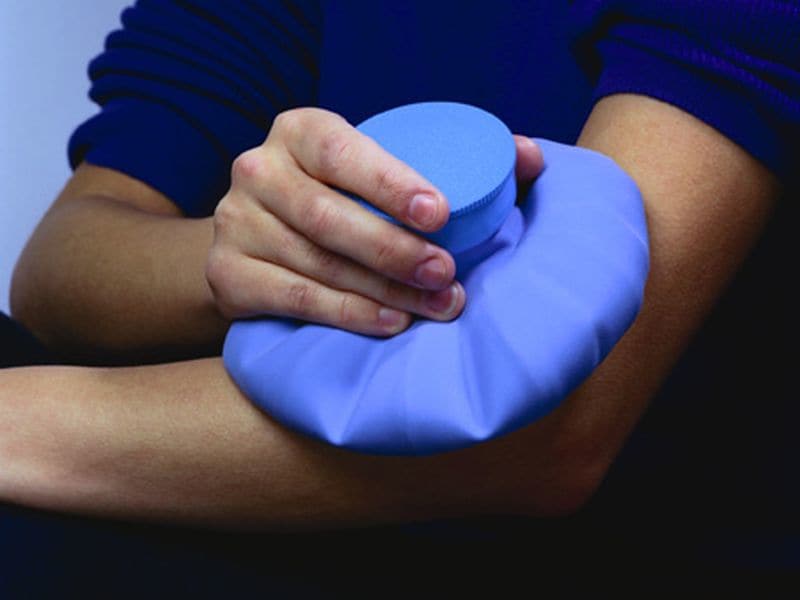
The antidepressant fluoxetine (Prozac) is ineffective in treating a rare, polio-like disorder that can cause muscle weakness and paralysis in children, researchers are reporting. In the United States, there have been 219 possible cases of acute flaccid myelitis (AFM) reported so far this year, and 80 have been confirmed, according to the U.S. Centers for… read on >





























